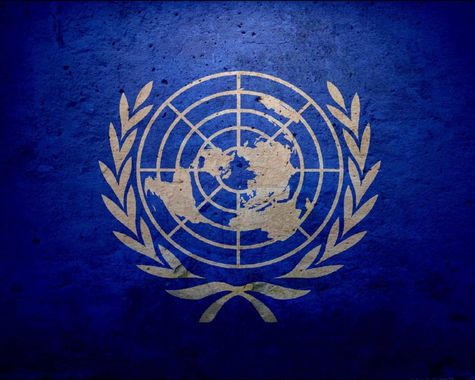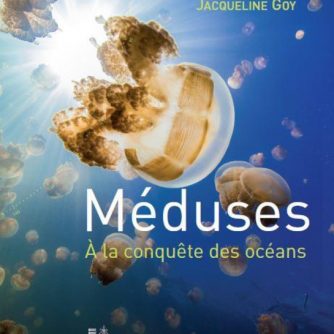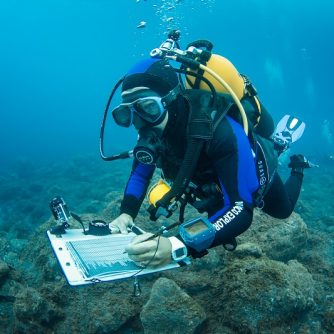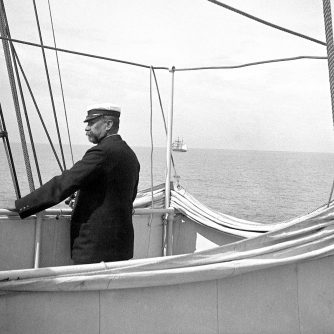MAISON DES OCÉANS
PARIS
- Home
- Actualités
- Hub – crossroads of the ocean
THE HUB OF THE OCEAN
A historical monument located in the heart of the university district, the Maison des Océans was inaugurated in 1911 to offer teaching and conferences dedicated to ocean sciences.
It is now a veritable “hive” dedicated to the ocean and the environment, bringing together under one roof the major players in the protection of the oceans alongside the Oceanographic Institute: the Prince Albert II Foundation, the Foundation for Research on Biodiversity (FRB), the Ocean and Climate Platform (POC), the United Nations Special Envoy for the Oceans, the International Commission for the Scientific Exploration of the Mediterranean (CIESM), the CRIOBE, etc.
It is also a centre for meetings and symposia, for high-level conferences bringing together experts, entrepreneurs, political decision-makers and civil society around the major issues of sustainable management of the oceans and the environment (climate, sustainable development, biodiversity, etc.).
MAJOR NAMES WORKING TOGETHER TO PROTECT THE OCEAN
A true environmental hub, the Maison des Océans in Paris brings together under one roof major players in the environment and ocean protection: the Oceanographic Institute, the Prince Albert II Foundation, the Foundation for Research on Biodiversity (FRB), the Platform for Ocean and Climate (POC), the teams of the United Nations Special Envoy for the Oceans, the International Commission for Scientific Exploration (CIESM), the CRIOBE, etc.
It regularly hosts international conferences bringing together experts, entrepreneurs, political decision-makers and the general public to discuss the major challenges of sustainable ocean management and related environmental issues (climate, sustainable development, biodiversity, etc.).
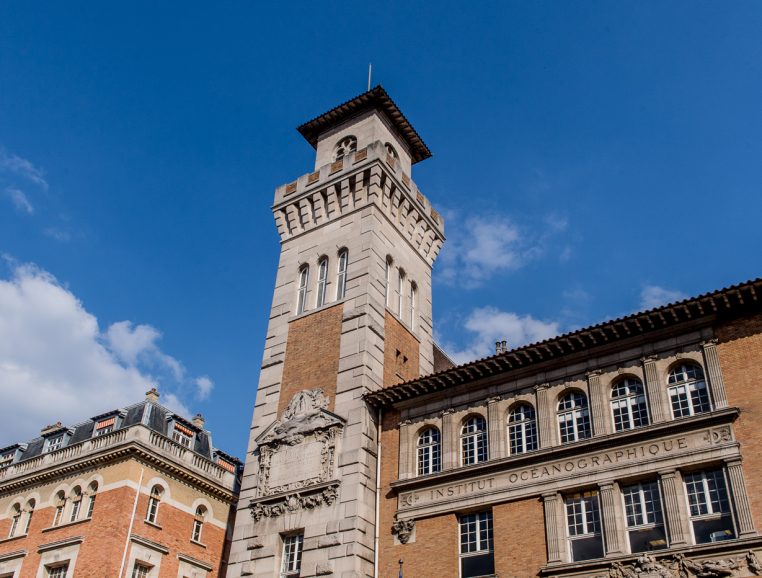
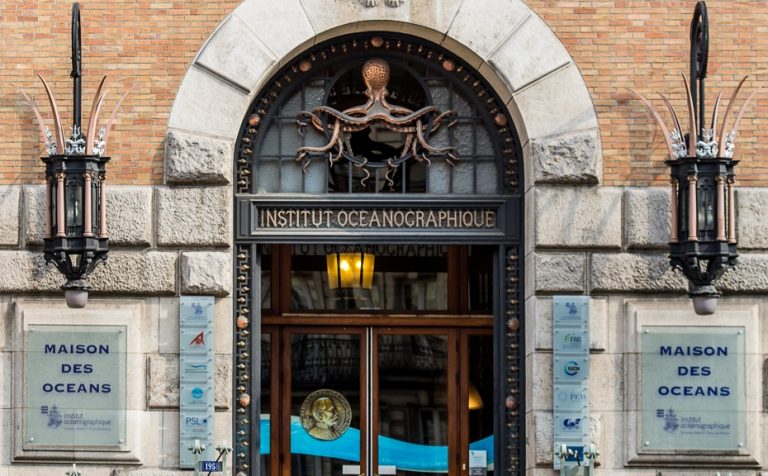
OUR Partners at the Maison des Océans
The presence of major environmental players at the House of the Oceans creates synergies and opportunities for collaboration in the fields of biodiversity, climate and environmental conservation in general.
It is this unique and unifying positioning that also led the Oceanographic Institute in 2014 to be one of the founding members of the Ocean and Climate Platform, which brings together an international network that now has over 70 members.
All of our partners and tenants of the House of Oceans contribute to the life of this place by organizing private or public events.
The Prince Albert II of Monaco Foundation
In June 2006, H.S.H. Prince Albert II of Monaco decided to create His Foundation in order to respond to the worrying threats to the environment of our planet. The Prince Albert II of Monaco Foundation works to protect the environment and promote sustainable development on a global scale. The Foundation supports initiatives by public and private organizations in the areas of research, technological innovation and socially conscious practices. The Foundation funds projects in three main regions and focuses on three main areas.


IUCN (International Union for Conservation of Nature)
Founded in 1948, IUCN – The International Union for Conservation of Nature – brings together States, government agencies and a wide range of non-governmental organizations in a unique alliance: more than 1000 members in 148 countries.
IUCN also has a network of over 10,000 volunteer experts who contribute their knowledge through six specialist Commissions. The IUCN Secretariat consists of a global headquarters in Switzerland and 42 regional and country offices.
The French Committee of the IUCN is the network of organizations and experts of the international union for the conservation of nature in France. It currently includes 2 ministries, 8 government agencies, 42 non-governmental organizations, and a network of about 250 experts in thematic commissions and working groups.
Ocean and Climate Platform (OCP)
The Ocean and Climate Platform (OCP) is an international multi-stakeholder network, created on 10 June 2014 on the occasion of World Oceans Day with the support of the Intergovernmental Oceanographic Commission of UNESCO.
Today, the POC brings together more than 70 members – research institutes, NGOs, aquariums, the private sector, French institutions and international agencies, and local authorities – who work together to communicate the following message: “a healthy ocean for a protected climate”. While the ocean is particularly vulnerable to climate change, it is also a source of mitigation and adaptation solutions.
Through its role as an interface between science and policy, the POC promotes reflection and exchange between the scientific community, civil society and the political world. It aims to mobilize the largest number of stakeholders to ensure that the scientific message on the interactions between the ocean, climate and biodiversity is better taken into account by policy makers and the general public.
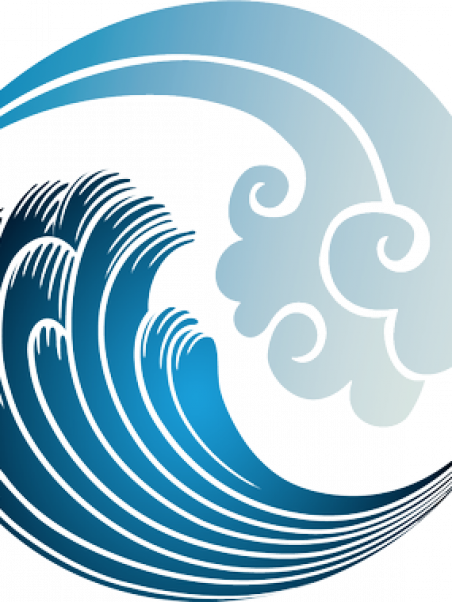

The Foundation for Research on Biodiversity (FRB)
The mission of the Foundation for Research on Biodiversity (FRB) is to support and act with research to increase knowledge on biodiversity. Its originality lies in its role as an interface between the scientific community, civil society and the business world. The FRB was created in 2008 – on the initiative of the ministries in charge of research and ecology – by eight public research institutions. They have since been joined by LVMH, Ineris and the University of Montpellier.
Stimulating innovation, promoting scientific projects linked to society and developing studies, syntheses and expertise are all actions at the heart of its system. To date, nearly 250 organisations, associations, companies, managers and local authorities have joined the FRB with one goal: to work together to meet the scientific challenges of biodiversity.
The Mediterranean Science Commission (CIESM)
The CIESM has been supporting multilateral research in the Mediterranean and Black Seas since 1910, when it was founded. Covering a region that has been torn apart by historical conflict for far too long, the CIESM represents a unique forum for scientific exchange and dialogue, bringing together thousands of researchers who together use the latest technologies and approaches to understand, monitor and protect a highly exposed sea. The Commission is thus in a position to defend the Basin’s priorities in marine and environmental research with the utmost impartiality, reinforced by the political support of its 23 Member Countries.
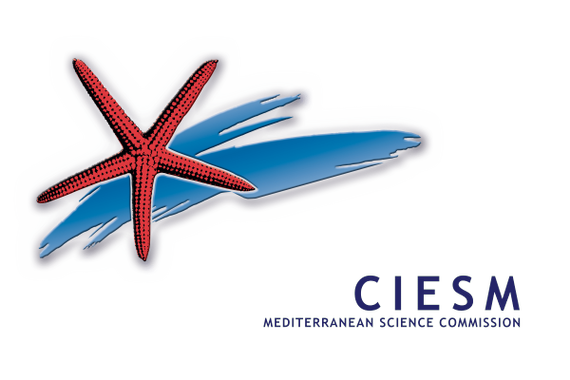
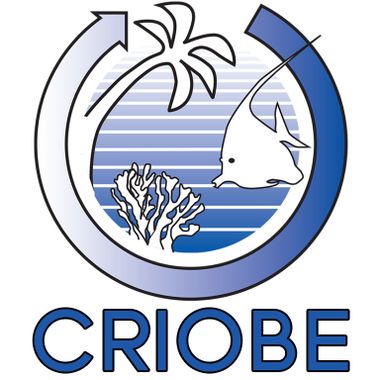
Centre for Island Research and Environmental Observatory (CRIOBE)
The CRIOBE is one of the most eminent French laboratories for the study of coral ecosystems. Since 2010, CRIOBE has been leading the CORAIL Laboratory of Excellence (LABEX) which gathers 9 institutions and 4 overseas universities.
Created in 1971, the CRIOBE is, since 2013, a research and service unit of the CNRS which associates teacher-researchers, researchers and administrative and technical staff belonging to the CNRS, the EPHE and the UPVD. Its activities are carried out through multiple disciplines – ecology, genetics, chemistry – on two main geographical sites, the campus of the University of Perpignan in France and the field station on the island of Moorea in French Polynesia.
Office of the United Nations Special Envoy for the Oceans
The Special Envoy is responsible for galvanizing concerted efforts to follow up on the outcome of the United Nations Conference on the Oceans, which was held in support of the 2030 Agenda for Sustainable Development. The Special Envoy will therefore be responsible for maintaining the momentum for the conservation and sustainable use of the oceans, seas and marine resources for sustainable development.
